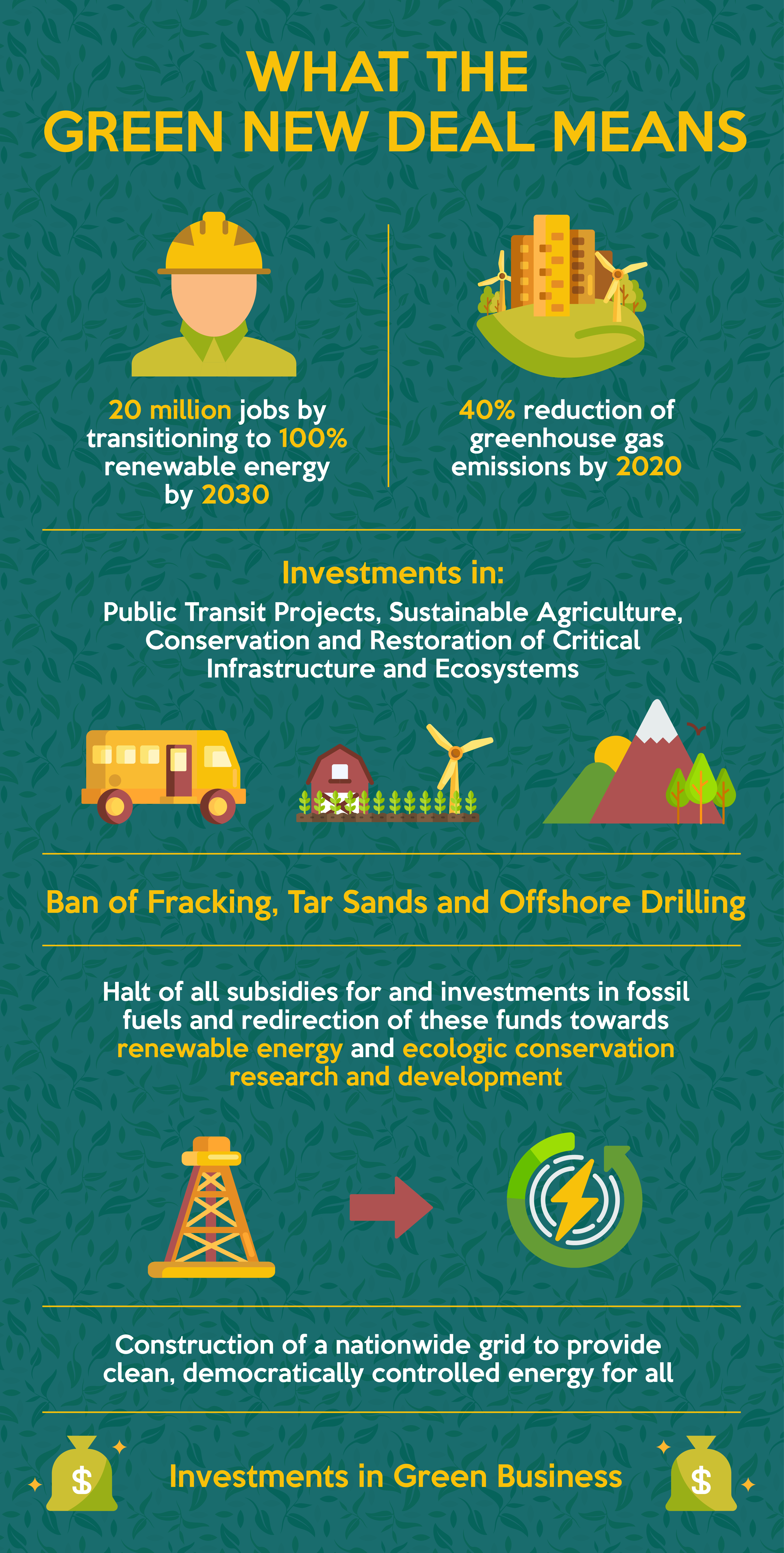Soil Degradation and Climate Change Threaten the Future of our Food System
According to the Global Panel on Agriculture and Food Systems for Nutrition, global food production is expected to decrease two percent every decade until 2050. Climate change and the use of synthetic substances are contributing towards the deterioration of soils worldwide.
Three centimeters of topsoil take 1,000 years to develop. According to the UN, if current rates of degradation continue, all of the world’s topsoil could be gone within 60 years. About a third of the world’s soil has already been degraded.
In the following video, farmers discuss the struggles of growing food with a changing climate and how organic agriculture not only benefits the earth, but also their bottom lines.…

